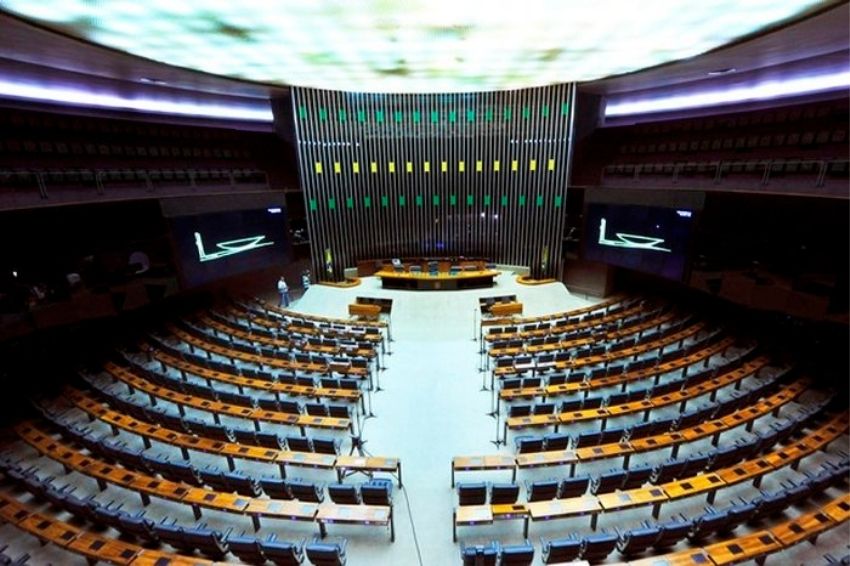PL 5829 (Bill no. 5829/2019), which aims to create the Legal Framework for GD (distributed generation) in Brazil, has been on and off the agenda since March 11th of this year without being voted on by parliamentarians that make up the Chamber of Deputies.
The text, authored by deputy Silas Câmara (Republicanos/AM) and reported by deputy Lafayette Andrada (Republicanos/MG), despite being discussed with society since 2019, remains without a prediction of when it will be voted on in the National Congress.
This Monday (28), the document was, once again, off this week's agenda and will not be voted on by federal parliamentarians.
In the opinion of experts linked to the renewable sector, approval of the proposal is more than necessary nowadays, given the risks of energy shortages as a result of the water crisis.
Tássio Barboza, master in Solar Energy, assesses that the energy crisis experienced today has already affected Brazil in other periods and will continue to cause problems if nothing is done.
“With the approval of the PL, the electricity bill will be cheaper for everyone. Rooftop solar has already generated approximately 200,000 jobs and has the potential to generate more than 1 million in the coming years. Furthermore, it is a true vaccine against rationing,” he said.
Last Wednesday (23), the Minister of MME (Mines and Energy), Bento Albuquerque, said – during the meeting of the Mines and Energy Commission – that the Ministry has been working behind the scenes to provide information and advice to parliamentarians on the PL 5829.
The minister also commented that he is in favor of voting on the text in all its spheres. “We do think it is very important that this project is considered by the Chamber of Deputies and, subsequently, by the Federal Senate”, he stated.
Controversial projects approved
In the meantime, in which the GD Legal Framework has not been put to vote, other topics have been discussed and even approved by the Chamber of Deputies, such as, for example, the project that amends the Administrative Improbity Law, allowing public agents who are caught committing crimes only be punished if the intention to commit irregularity is proven.
The proposal was approved by deputies on June 16 and also provides for the possibility for politicians to nominate relatives for public positions — the famous nepotism — if the names have proven technical capacity to perform the role.
Last Thursday (24), deputies approved another controversial text: the change in the Clean Record, which restricts cases of ineligibility. The proposal allows the candidacy of managers who had accounts rejected when occupying public positions, but were only punished with a fine. Before approval, the penalty for this type of case was ineligibility for a period of eight years.
















